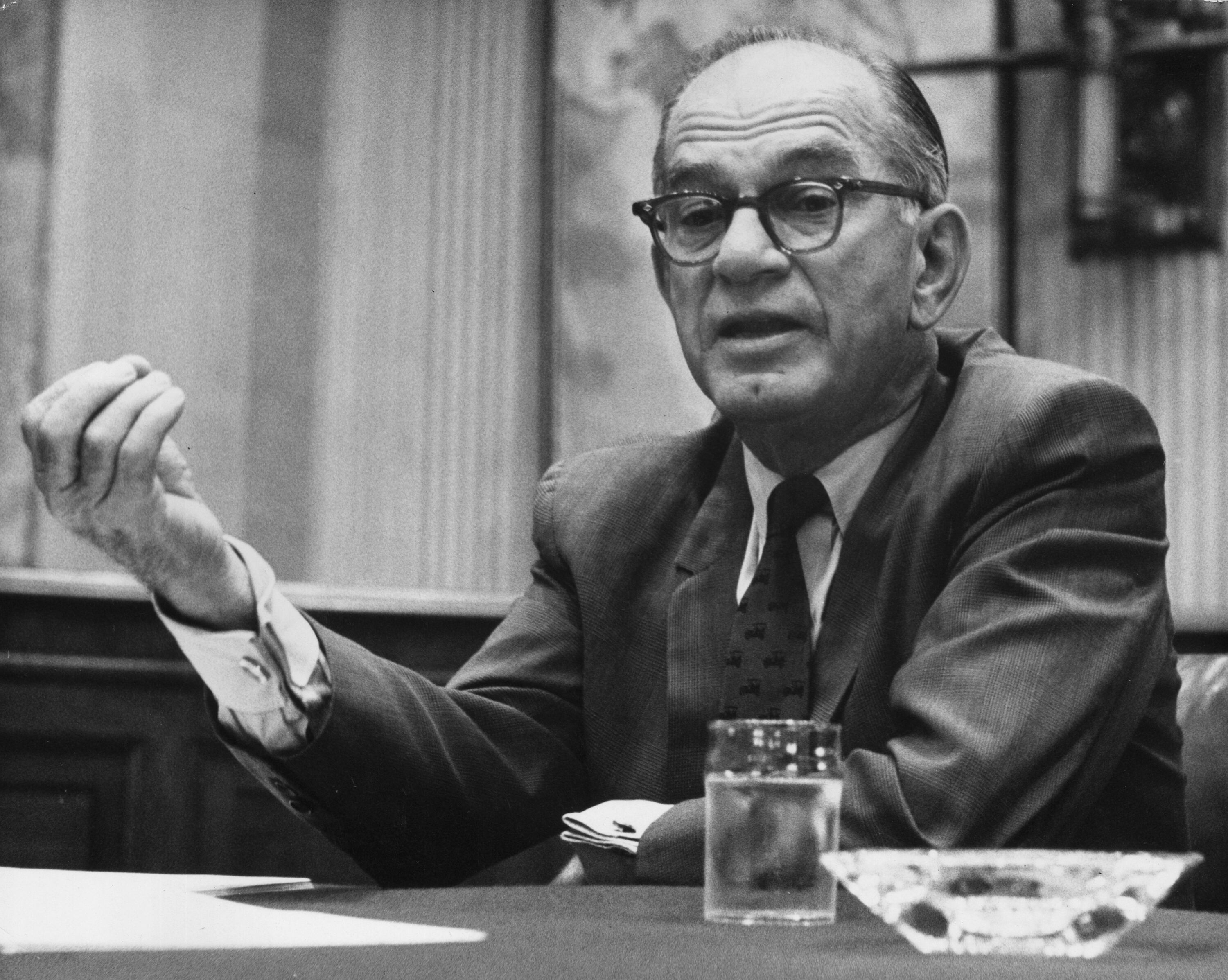The late-distinguished Arkansas Sen. J. William Fulbright, for whom the Fulbright Scholarships are named, wrote a superb book entitled “The Arrogance of Power” in 1966. Based on a series of lectures he presented at John Hopkins University, this brilliant and enduring work by the long-time chairman of the Senate’s Foreign Relations Committee is perhaps more important today than ever before.
Fulbright demonstrated unusual wisdom in these few well-chosen words, “What I do question is the ability of the United States or any other Western nation… (to) create stability where there is chaos … democracy where there is no history of it, and honest government where corruption is almost a way of life.” Of course, Fulbright was discussing Vietnam. But these words could easily apply to our long-term and seemingly never-ending foray into Afghanistan.
The senator would likely agree that our mistake in committing America to the long-term security of countries where the U.S. has no economic or security interests is predominantly based on the arrogance of power. Fulbright saw the situation in this light. “America is now at that historical point at which a great nation is in danger of losing its perspective on what exactly is within the realm of its power and what is beyond it.” America never could “fix” Afghanistan. We need to smarten-up.
Again, Fulbright speaks eloquently. “…power tends to confuse itself with virtue and a great nation is peculiarly susceptible to the idea that its power is a sign of God’s favor, conferring upon it a special responsibility for other nations. …In plain words, they (other Great powers) overextended their commitments and they came to grief.”
I suspect that America may be on this path — a path that is leading to dangerous over-extension. We could come to grief, too. The late Professor Sam Sarkesian of Loyola University called this phenomenon the American “messianic spirit.” Essentially, this is the belief that America is, and ought to be, the bright shining beacon for the rest of the world. There is no doubt that the rest of the world would prefer to pursue their own visions of “life, liberty, and the pursuit of happiness.” Of course, the attainment of these goals would be based upon their various beliefs and customs and not ours.
According to Fulbright, the key mistake is made in equating “power with virtue” and in confusing “major responsibilities with a universal mission.” Our Founding Fathers certainly felt no such call to police the rest of the world. In fact, President George Washington in his farewell address counselled against “foreign entanglements.”
Much of the rest of the world still views us as it did in Fulbright’s day: “… the great majority of the human race is demanding dignity and independence, not the honor of a supine role in an American empire.”
The senator’s prescription for this situation is a sound one. “If America has a service to perform in the world — and I believe she has — it is in large part the service of her own example.”
America need not and should not take on the mantle of protector or savior within the context of our Global War on Terror.
The arrogance of power may well be at the root of our continuing ill-advised commitment to countries where there exist no national strategic interests beyond the hunting down and killing of extremists. The issues surrounding this never-ending global conflict need a serious review and reconsideration.
Robert Bruce Adolph is a former United Nations Chief Security Adviser and U.S. Army Special Forces lieutenant colonel. He recently published a startling book entitled “Surviving the United Nations: The Unexpected Challenge,” that is available on both Amazon and Barnes & Noble websites and now available in ebook format.
Editor’s note: This is an Op-Ed and as such, the opinions expressed are those of the author. If you would like to respond, or have an editorial of your own you would like to submit, please contact Military Times managing editor Howard Altman, haltman@militarytimes.com.
Robert Bruce Adolph is a former United Nations chief security adviser and U.S. Army Special Forces lieutenant colonel. He recently published a startling book entitled “Surviving the United Nations: The Unexpected Challenge,” that is available on both Amazon and Barnes & Noble websites and now available in ebook format.





